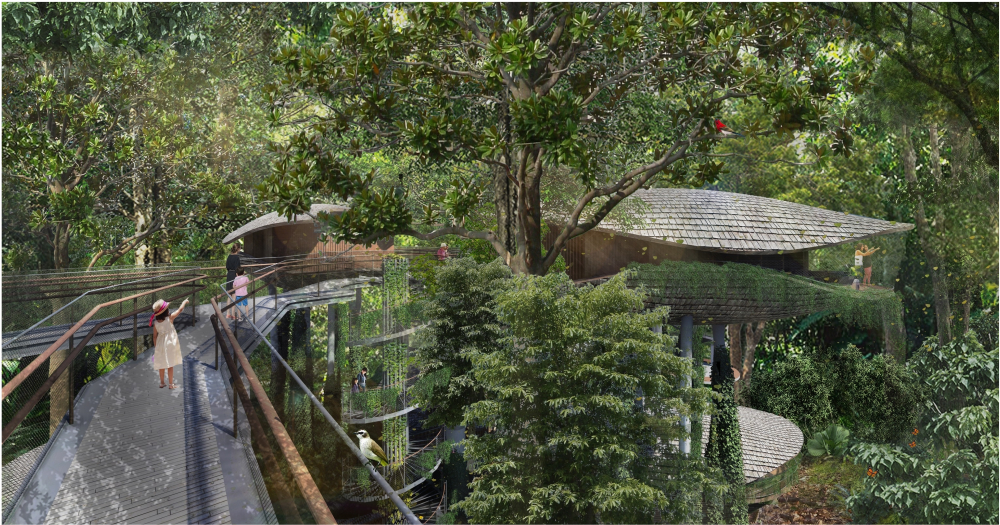Mandai Park Holdings (MPH) announced the upcoming Mandai resort in late May 2019.
Mandai resort to provide a 'conscious stay'
As part of the new Mandai eco-tourism hub, the resort was said to provide an "unprecedented yet sensitive access to nature" for visitors who will be staying in close proximity to the bird park, Singapore Zoo, Rainforest Park, Night Safari and River Safari.
However, having a resort within a relatively ulu Mandai area inevitably raises concerns on the disturbance it might cause the wildlife there.
As such, the Nature Society has also put out a position paper on this development project in 2016 on how MPH can develop the area carefully.
While sustainability has been part of the business core for appointed operator Banyan Tree Hotels & Resorts (Banyan Tree), how does this Singapore brand intend to run the 338-room resort in a more eco-friendly manner?
Some questions that one might have included whether there will be mosquitoes at the resort.
Here are some more details from MPH.
What are some of the wildlife that visitors can expect?
Visitors staying at the resort can participate in guided nature walks and wildlife spotting tours within the resort which they can post birds like Straw-headed Bulbul and Racket-tailed Drongo as well as butterflies like the Painted Jezebel.
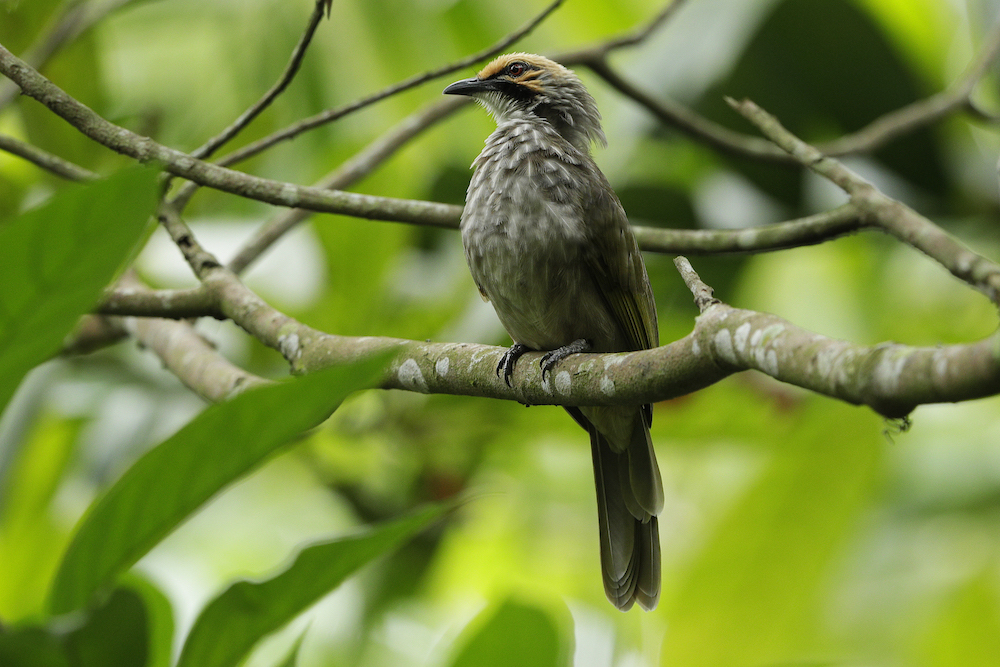 Photo of Straw-headed bulbul by Mandai Park Holdings.
Photo of Straw-headed bulbul by Mandai Park Holdings.
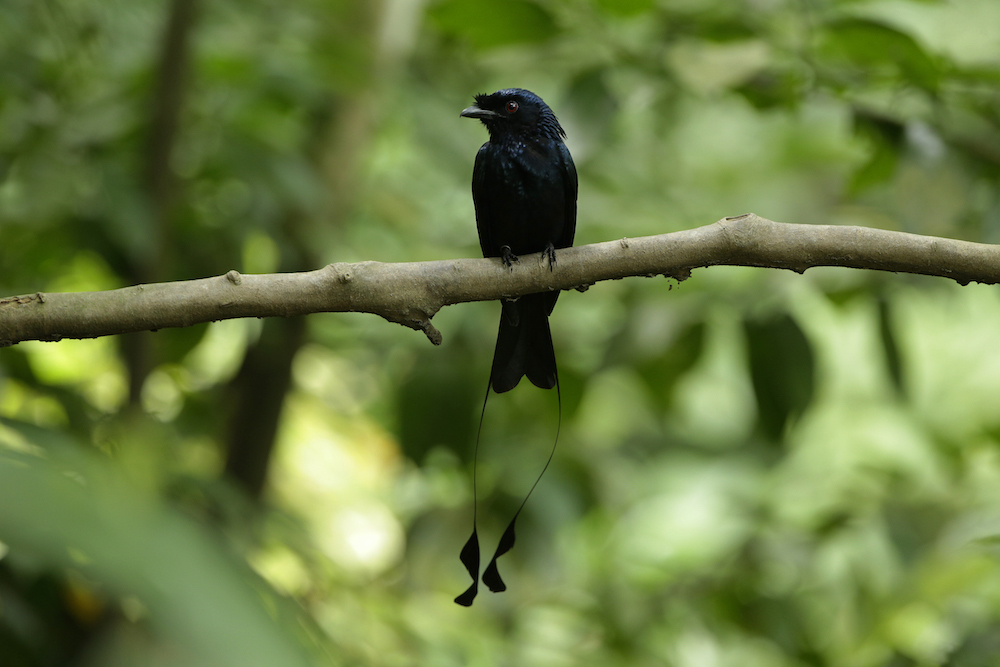 Photo of Greater Racket-tailed drongo by Mandai Park Holdings.
Photo of Greater Racket-tailed drongo by Mandai Park Holdings.
The Mandai resort is built on a patch of secondary forests which used to be farmlands.
Following the regeneration of vegetation, some wild animals have been spotted returning to the area.
More than half of the trees with conservation values are retained and more trees will be planted along with the construction of the resort.
The resort is elevated several metres above the ground to allow native wildlife to move across the site.
During this period of construction, a 15m buffer area has been set aside with regular wildlife monitoring conducted.
Here are some of the other birds spotted in the Mandai area during these field surveys to monitor forest health and biodiversity:
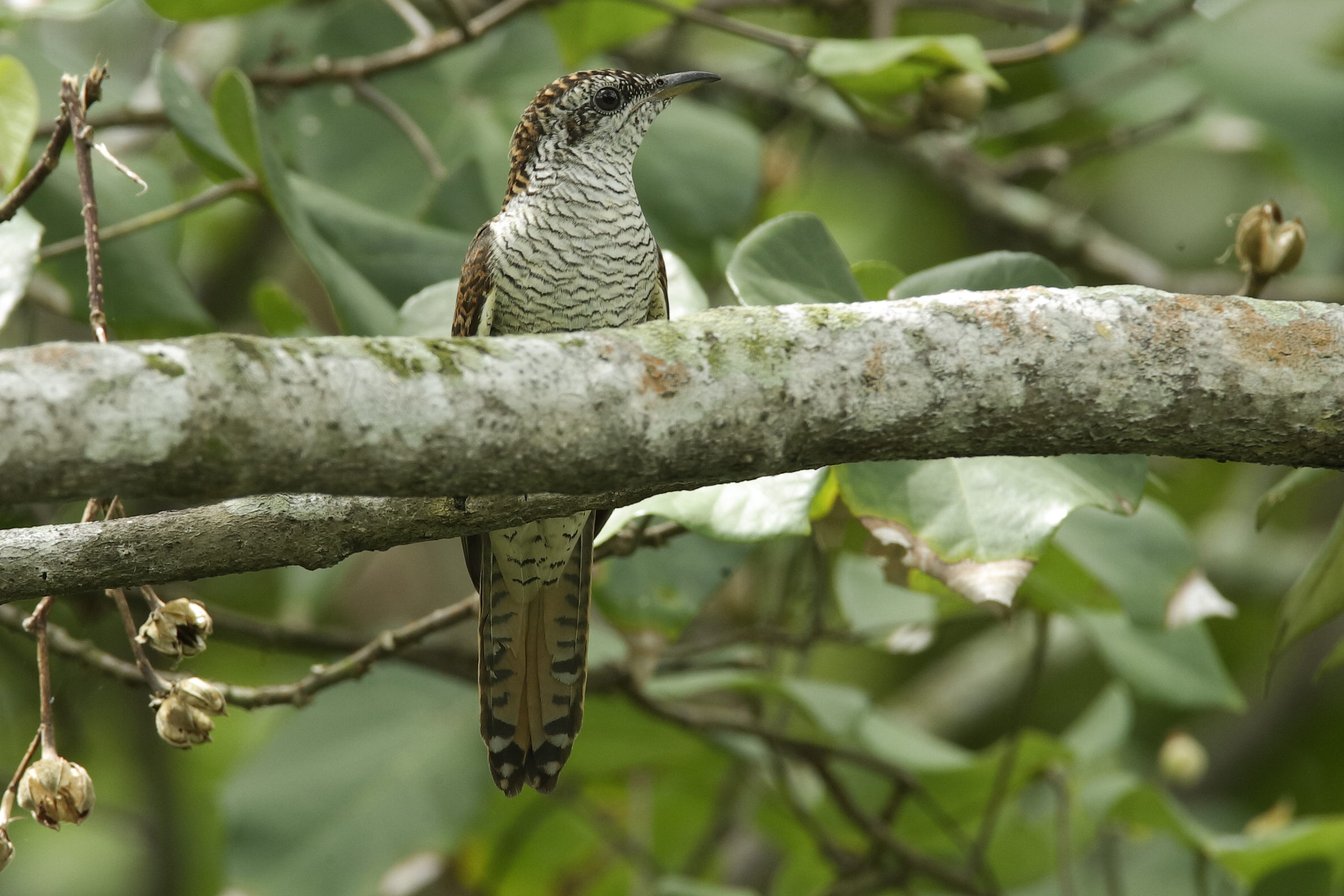 Photo of Banded Bay Cuckoo by David Tan via Wildlife Reserves Singapore.
Photo of Banded Bay Cuckoo by David Tan via Wildlife Reserves Singapore.
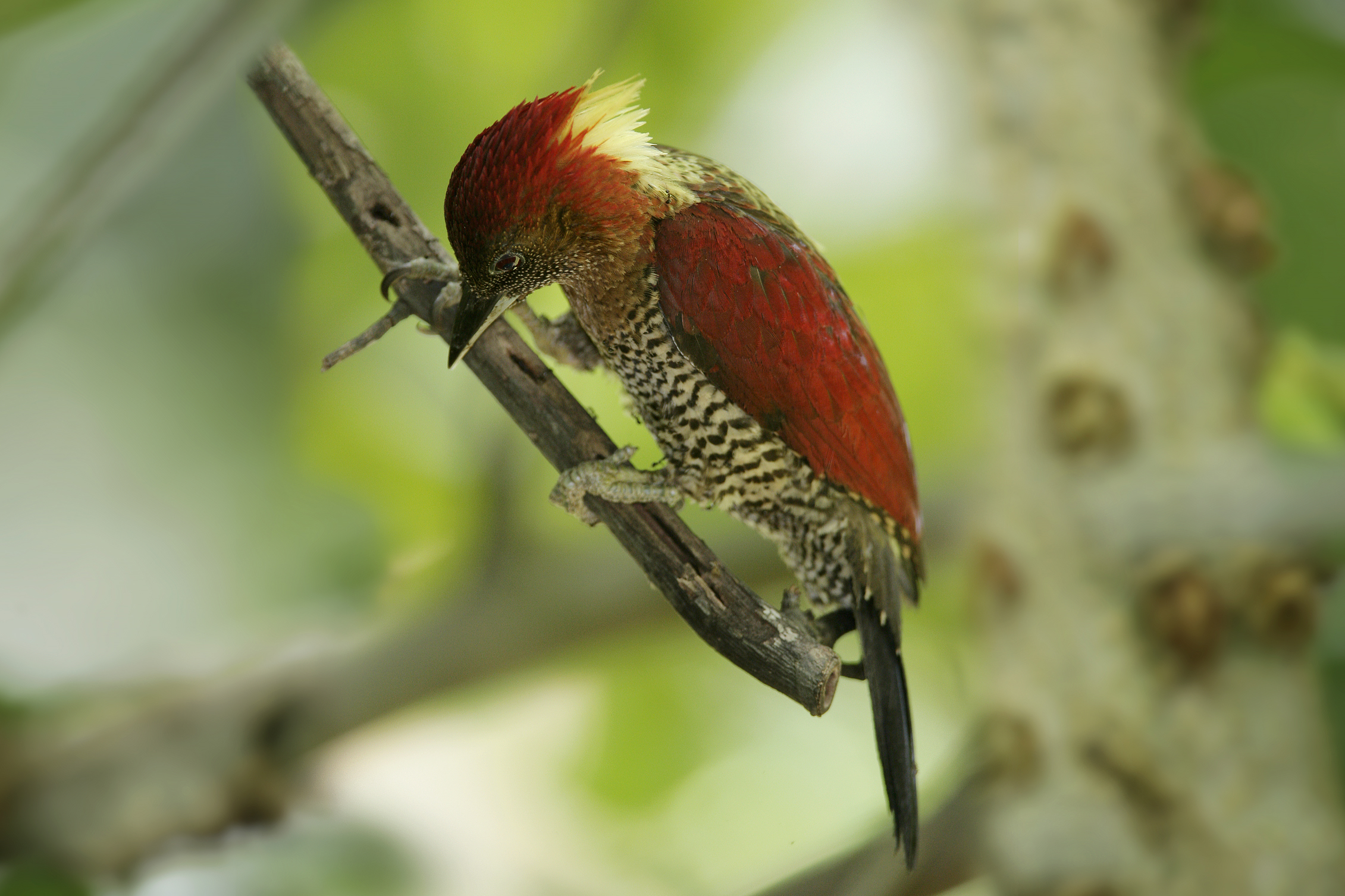 Photo of Banded Woodpecker by David Tan via Wildlife Reserves Singapore.
Photo of Banded Woodpecker by David Tan via Wildlife Reserves Singapore.
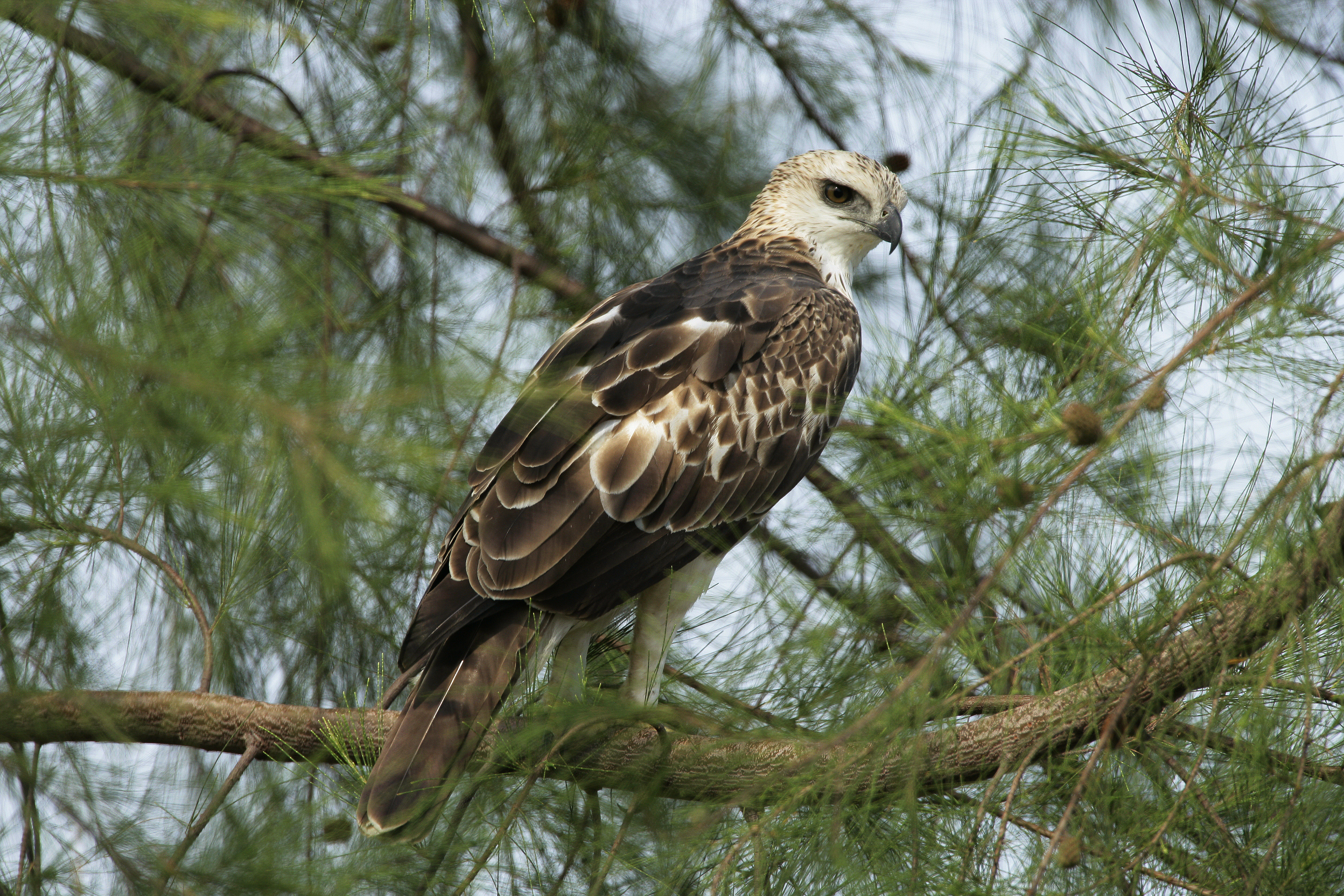 Photo of Changable Hawk Eagle by David Tan via Wildlife Reserves Singapore.
Photo of Changable Hawk Eagle by David Tan via Wildlife Reserves Singapore.
Perhaps you might see them during your stay at the resort.
Hopefully.
The resort will also have additional house rules as visitors also play a part in minimising disturbance.
For example, there will be educational signs to remind visitors to keep noise levels low, to properly dispose of food and not feed wildlife.
Will there be mosquitos?
While a staycay on a treehouse might sound attractive to those wanting a quick getaway from city life, some Singaporeans are also concerned with becoming a feast for the mosquitos.



In response to that, MPH and Banyan Tree shared with Mothership.sg that they are exploring the use of natural repellents and other environmentally-friendly mosquito control options.
This includes working with the landscape consultant to explore planting mosquito repelling plants which are still useful to other native wildlife.
Waste management
The resort will introduce human activities to the relatively undisturbed environment and responsible waste management is of utmost importance.
MPH responded that the sewage system in the Mandai resort will comply with the Code of Practice on Sewerage and Drainage Works.
Innovative technology will be deployed to convert kitchen waste, that is separated out from other types of waste, to other materials and this includes having food waste digesters in the resort.
Raw vegetable ends and fruit peels would also be sent for composting by a third-party company, the MPH added.
Light pollution, how?
The presence of the resort will likely introduce artificial light to the forested area which might have detrimental impacts on animals, especially the nocturnal ones taking refuge in the surroundings.
According to a U.S. non-profit organisation, International Dark-Sky Association (IDA), "the introduction of artificial lights probably represents the most drastic impact that human-beings have made to the environment".
MPH told Mothership.sg that sensitive lighting design will be installed and light will be directed away from vegetated areas, habitats and reservoir edge.
The resorts will also consider deploying sensor or timer-based lighting system as well as using low-level wall lights and glare-controlled light sources in the rooms.
Operable blinds will also be installed for late night use too.
These measures were also recommended on the IDA website.
Top photo from MPH
If you like what you read, follow us on Facebook, Instagram, Twitter and Telegram to get the latest updates.
